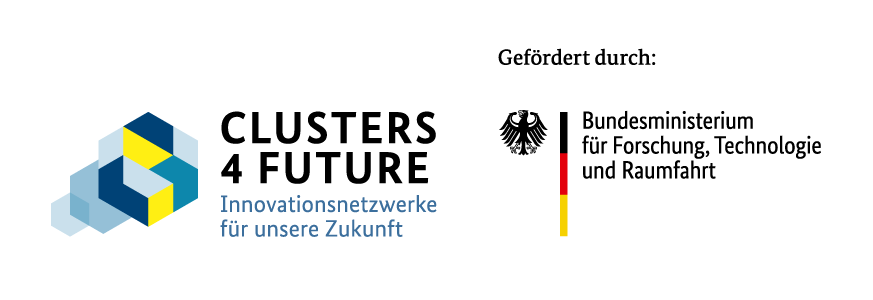Newsletter from January 31, 2023
Car-reduced neighborhoods for a livable city - aqt
As the general public and experts agree, the reduction of private vehicles in inner-city neighborhoods offers great potential for the upgrading and climate adaptation of urban public spaces. Although the acceptance of civil society for a change in mobility habits is increasing and the contribution of corresponding measures to a liveable city for all is becoming visible in some places, we are still faced with many questions and decision-making conflicts when it comes to implementation.
With this in mind, the project team is creating indicators for mobility and urban planning in parallel with the selection of two model districts in Munich and is working on a multi-stage participation strategy. In April 2022, eight researchers will travel to Copenhagen and Malmö to meet experts from the fields of architecture, design, urban planning, mobility and social engagement.
With new knowledge about best practice and a shared understanding of the project and team spirit, preparations are made for the interdisciplinary summer school - the start of the work in the districts. In September, the project team is out and about on the streets with 12 students and the support of the respective district committees. They will observe, research and interview people in order to formulate problem statements. These will be taken up in small street interventions and invite further dialog with citizens. Finally, the experiences will be presented as part of the MCube Speaker Series.
Data on mobility behavior in project-typical traffic changes will be collected in a survey in order to simulate them later. A plan of measures will be drawn up for each neighborhood for the real-world laboratory in summer 2023. Traffic changes will be tested from May to October. The focus will be on safer traffic areas for everyone as well as green and recreational areas in parking lots. Mobility points offer more alternatives to private cars. The current phase of the project is characterized by coordination and decision-making processes with the local authorities. Local campaigns and the unser.muenchen platform are used to provide information about trials and measures and to invite participation. In February 2023, the first participatory installation with project information will be set up in the neighborhoods.
Where to put cars, bicycles and e-scooters - and how do we organize parking space fairly, efficiently and sustainably?
How can mobility data and simulations make cities more liveable - and make change visible and tangible?
The MCube Consulting study shows how the Olympic Games could have a sustainable impact on Munich in terms of sport, society and the environment - something that has already been picked up on by many media outlets.
Munich is considering an Olympic bid - our study shows what opportunities and challenges the Games could bring for the economy, environment and society.
How do we want to move tomorrow? This question was the focus of the Citizens Lab at Marienplatz for six days.
The visual utopian Jan Kamensky presented his latest vision in cooperation with the Munich S-Bahn.
Carolin Zimmer from the Chair of Settlement Structure and Transport Planning and Sebastian Preiß from the Hans Sauer Foundation explain in an interview what the project has achieved and what makes it special.
Major award for a strong team: MCube Consulting receives the Innovation Award of the City of Munich - for a solution that reduces administrative workload, improves security and shows how research enables real change.
If Munich bids for the Olympics again, it will not do so arbitrarily - but with vision, attitude and a clear plan.
MCube had its own stand at the trade fair and brought together over 100 mobility pioneers at the "Bridging City Innovation Ecosystems" event above the rooftops of Barcelona.
No results available

What is MOSAIQ?
Imagine something: There is more space for people. The streets have more trees and plants. Everyone can get around better. That's how your Schwabing-West district could be in the future. How would you like your district to be? We want to talk to you about it!
The project is called MOSAIQ. MOSAIQ is a research∙project. MOSAIQ means: Mobility and urban climate in the future city∙part. The Technical University of Munich is leading the project.
What is MOSAIQ about?
MOSAIQ wants to make the streets in the city∙part more beautiful. People should feel comfortable there. There should be more space. For meetings and plants, for example. You can help decide what is tried out in the Stadt∙teil. The ideas come from you. Some ideas will be tried out on the streets for a certain period of time.
The aim of MOSAIQ is to make urban districts good places to live.
At the same time, the climate in the city should improve. And people should be able to move around the city easily.
What is happening in the district?